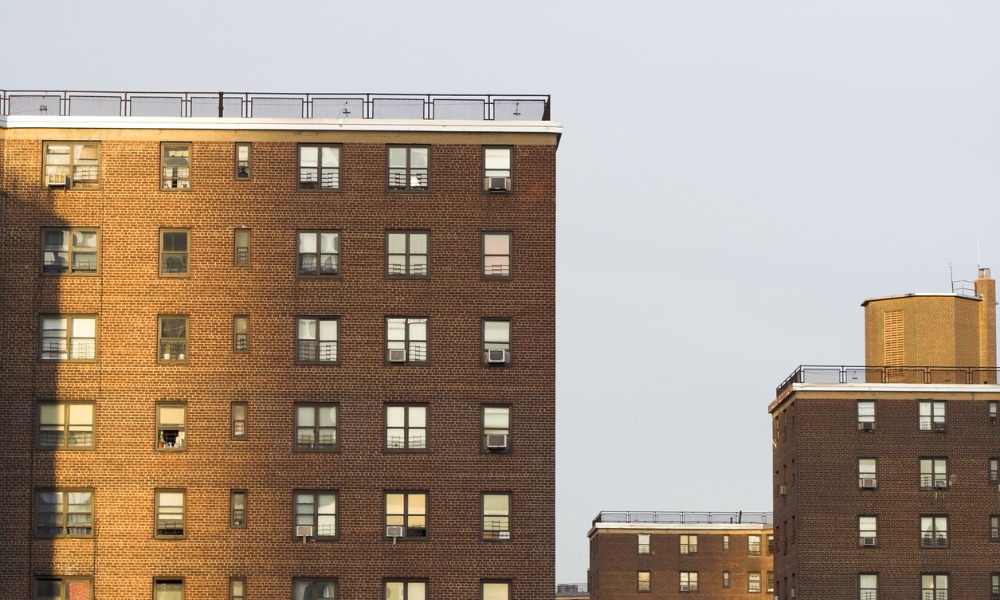low-income renters face rising rents and potential evictions

The United Stated is on the verge of losing a critical chunk of its affordable housing supply even as rent prices continue to skyrocket.
Over the next five years, up to 223,000 affordable housing units could vanish, leaving low-income tenants in a tough spot. These homes, built under the Low-Income Housing Tax Credit (LIHTC) program, are a key part of the affordable housing market, but many are nearing the end of their affordability agreements.
Without action, these units could convert to market-rate rents, forcing many tenants to face drastic rent hikes or even eviction.
Affordable units at risk
The LIHTC program, launched in 1987, was designed to incentivize developers to create affordable housing by offering tax credits in exchange for keeping rents low. Over 3.6 million units have been built under this program, and its expansion is a key part of housing plans, including proposals by Democratic presidential candidate Kamala Harris.
However, the affordability requirements typically last for only 30 years, and many properties built in the 1990s are now approaching that deadline. This puts thousands of units at risk of converting to market-rate rents, which are often double or even triple what tenants are currently paying.
For low-income families already struggling with rent increases, the loss of these affordable units could be devastating.
By 2030, an estimated 350,000 LIHTC units are expected to lose their affordability protections. By 2040, that number could reach 1 million, according to the National Housing Preservation Database.
While some units may remain affordable through other government subsidies or landlord agreements, the loss is expected to be significant, further straining a housing market already in short supply.
“If we are losing the homes that are currently affordable and available to households, then we’re losing ground on the crisis,” said Sarah Saadian, VP of public policy at the National Low Income Housing Coalition. “It’s sort of like having a boat with a hole at the bottom.”
Read next: Harris proposes $25,000 tax credit to address rising housing costs
Local governments and nonprofits are stepping in to try and prevent the loss of these affordable units, but solutions are not simple. In states like California, new LIHTC properties are required to remain affordable for 55 years.
In addition, California and Colorado have implemented laws that require landlords to notify local governments when affordability agreements are about to expire, giving cities or nonprofits the first chance to purchase the buildings and keep them affordable.
However, many states have not taken these steps, and the reality is that funds to purchase expiring LIHTC properties are limited. While new tax credits can help extend affordability agreements, the competition for these resources is fierce and funds are allocated based on population, which means not all states receive enough to make a meaningful impact.
What happens to tenants?
For tenants, the end of LIHTC affordability can be a nightmare. Marina Maalouf, who has lived in a LIHTC apartment in Los Angeles for over 20 years, saw her rent jump from $1,100 to $2,660 when the affordability agreement expired.
Like many other low-income tenants, this steep rent increase was far beyond what Maalouf and her family could afford. The sudden hike triggered protests, a rent strike, and multiple eviction filings against tenants, including Maalouf.
“We still here. We still here,” Maalouf told The Associated Press, recounting how she faces the daily fear of eviction.
But funding is tight, and states that have not yet extended affordability protections are at greater risk of losing units.
The City of Los Angeles has offered $15 million to the landlord to extend the affordability of the building through 2034, but the deal won’t stop the 30 eviction cases still pending, nor will it erase the $25,000 in back rent that Maalouf owes.
Stay updated with the freshest mortgage news. Get exclusive interviews, breaking news, and industry events in your inbox, and always be the first to know by subscribing to our FREE daily newsletter.



